A small number of people have had the opportunity to travel in space, and they were limited in what they could pack. The spacecraft have weight and size limits, so nearly everything has to have a mission purpose, and some items are too dangerous for the International Space Station.
Explosives
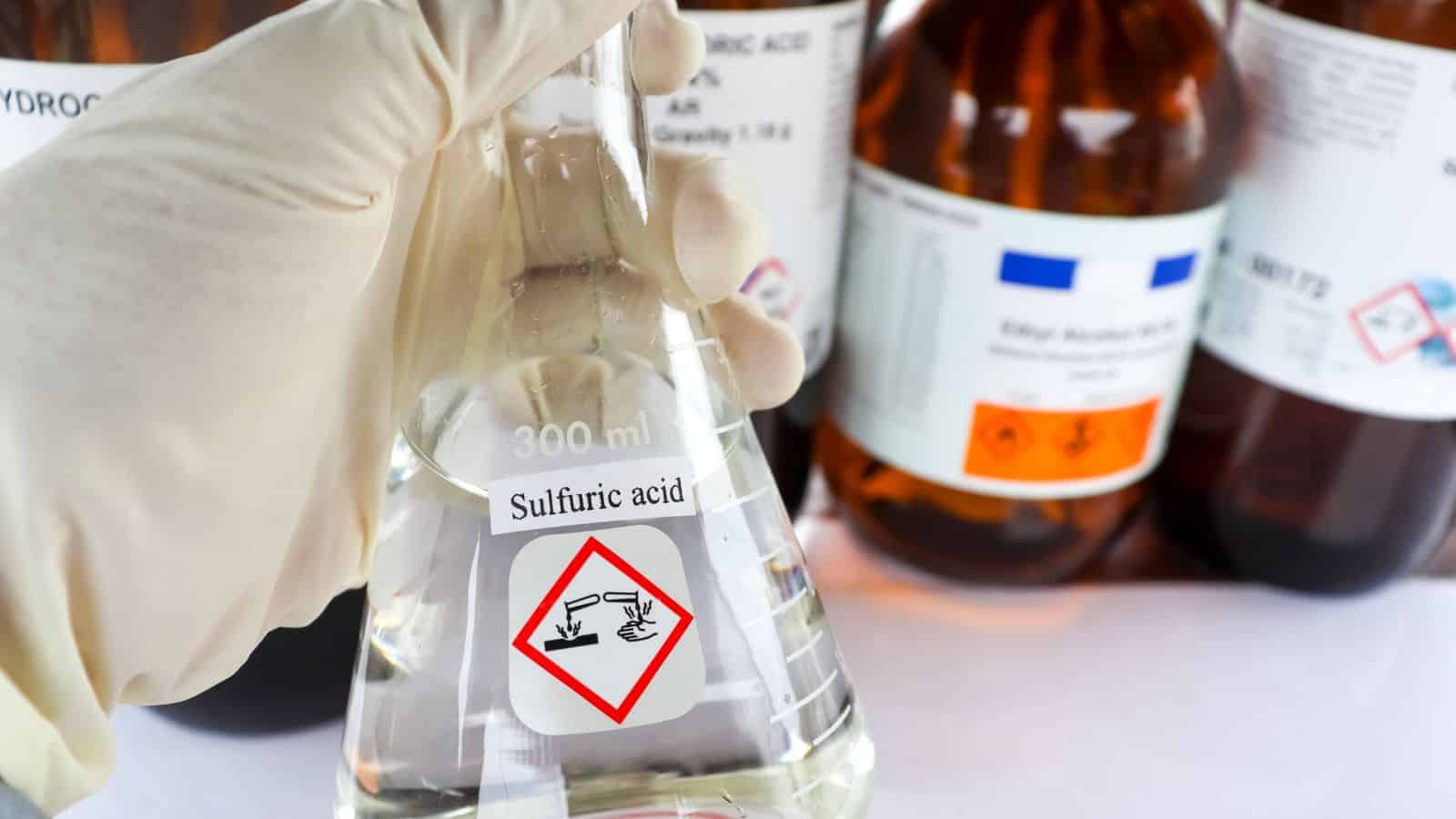
Explosive materials like acetone can’t be brought into space for safety concerns. They could accidentally detonate during the launch of the spacecraft, which could cause a great deal of damage and kill crew members.
Live Plants
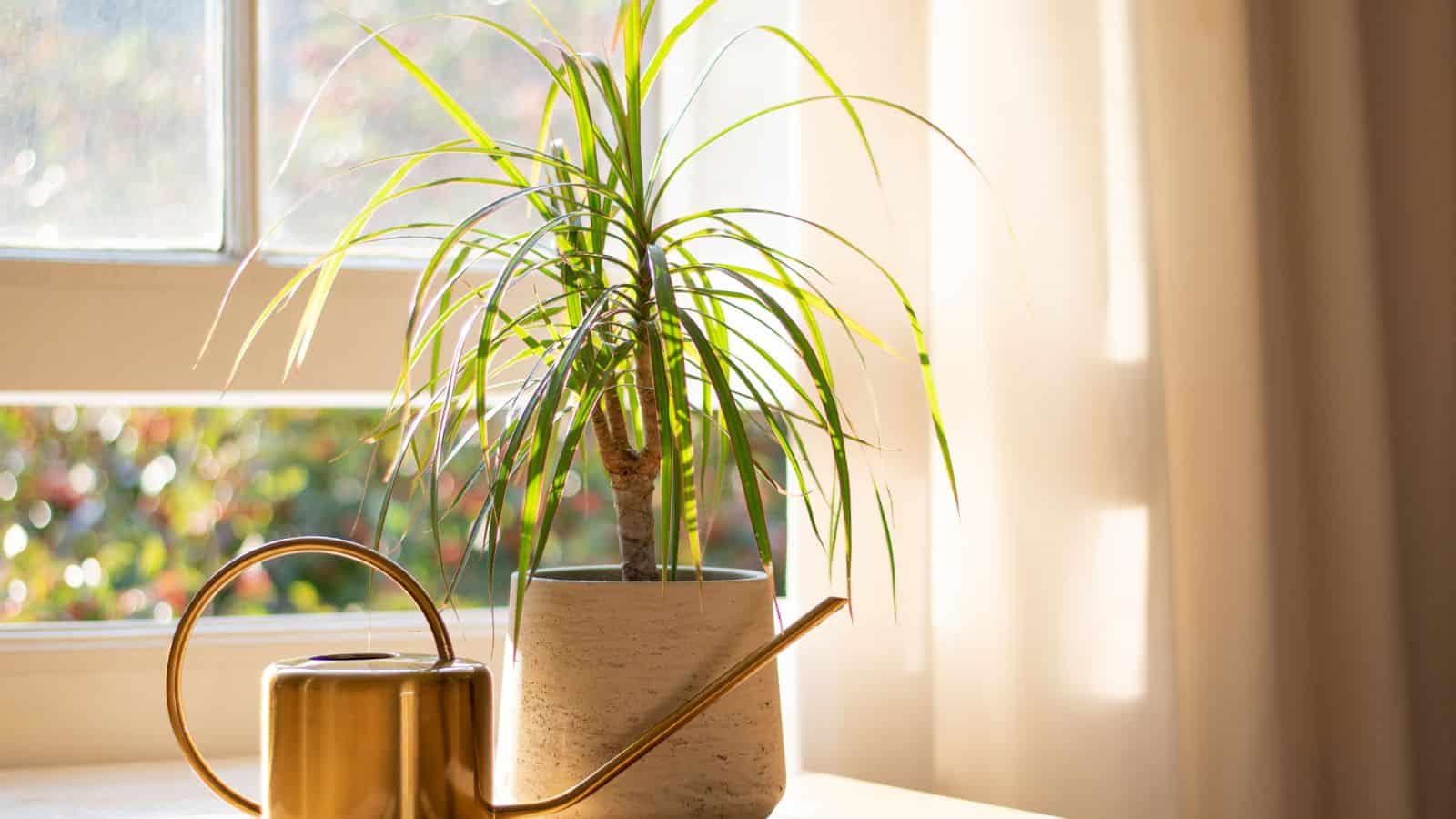
Live plants aren’t generally taken into space, but seeds have been taken and grown into plants in space for decades. NASA explains that the Vegetable Production System on the International Space Station helps the organization “study plant growth in microgravity, while adding fresh food to the astronauts’ diet and enhancing happiness and well-being on the orbiting laboratory.”
Flammable Liquids
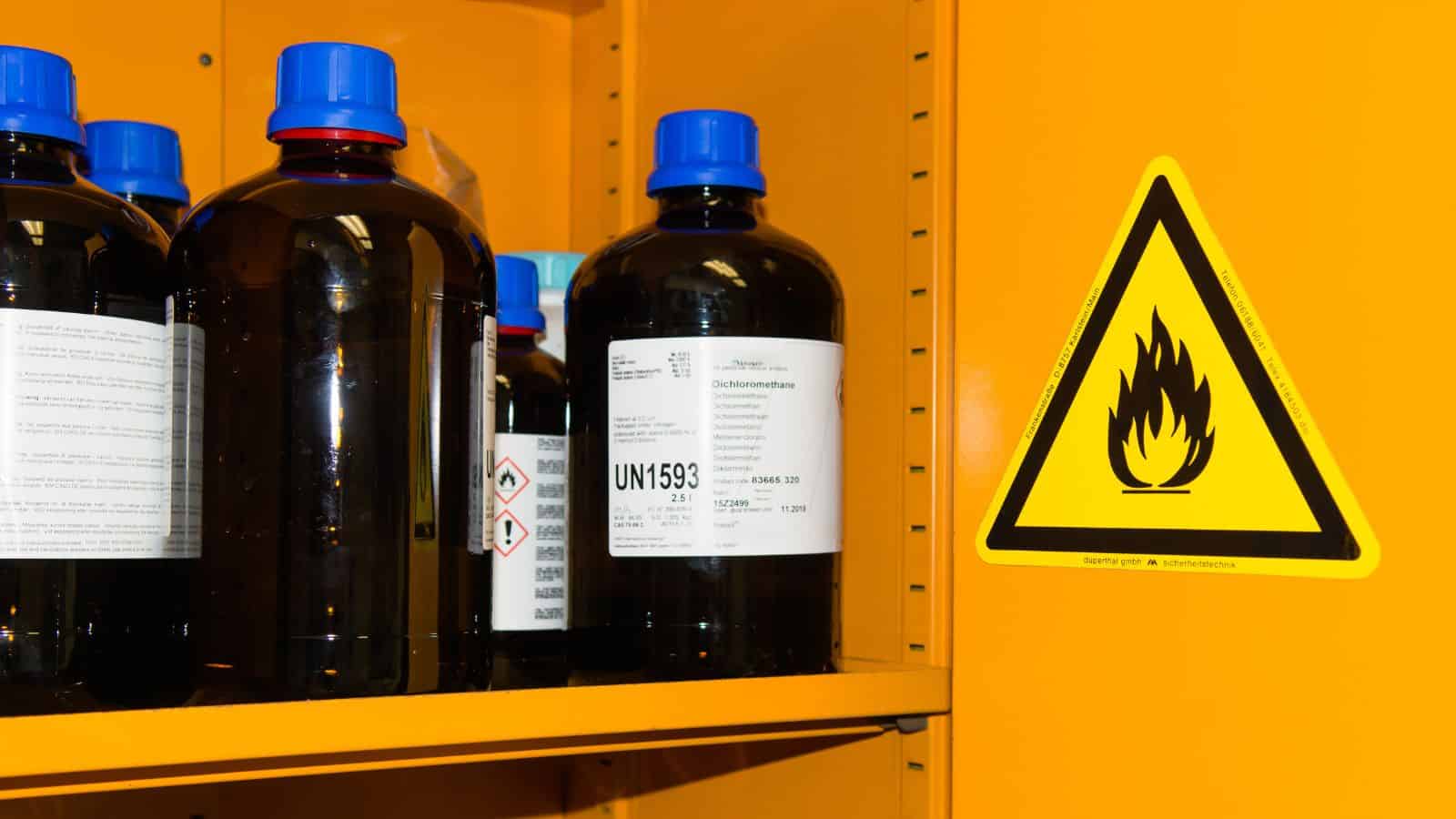
Flammable liquids like aniline and turpentine would present a high fire risk in the oxygen-rich environments of a rocket or the ISS. Spills would also be incredibly difficult to contain at zero gravity.
Non-essential Electronics
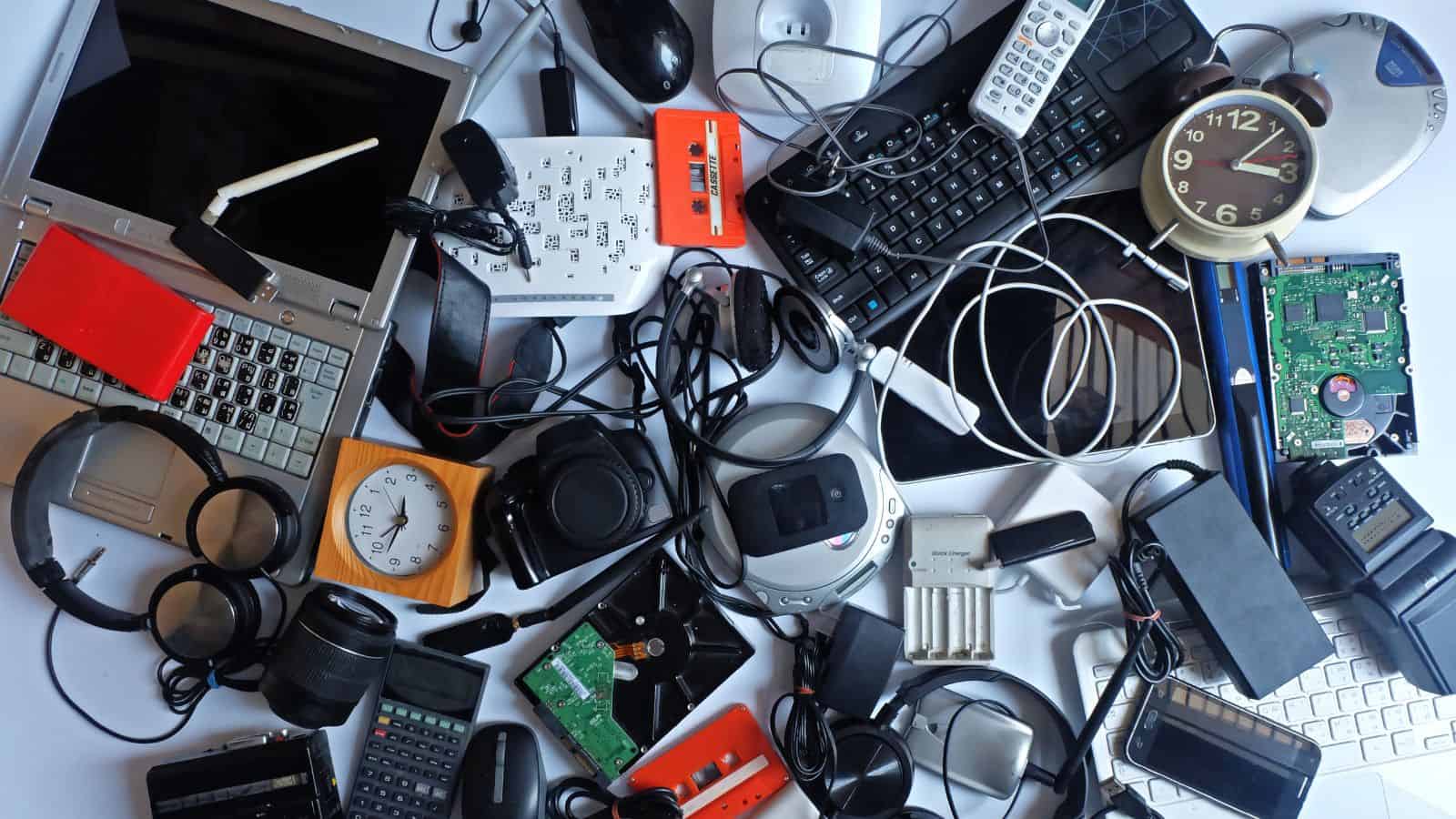
Spacecraft and the ISS have a limited power supply, so large, non-essential electronics that could interfere with critical systems aren’t allowed. Missions to the ISS utilizing Soyuz and SpaceX Crew Dragon spacecraft enable astronauts to bring 3.3 pounds of personal items.
Glass Objects

When glass objects break, sharp pieces are scattered, which can be dangerous for a spacecraft or the ISS. It would be difficult to clean up in the space station’s microgravity, so safer materials are used.
Large Kitchen Knives
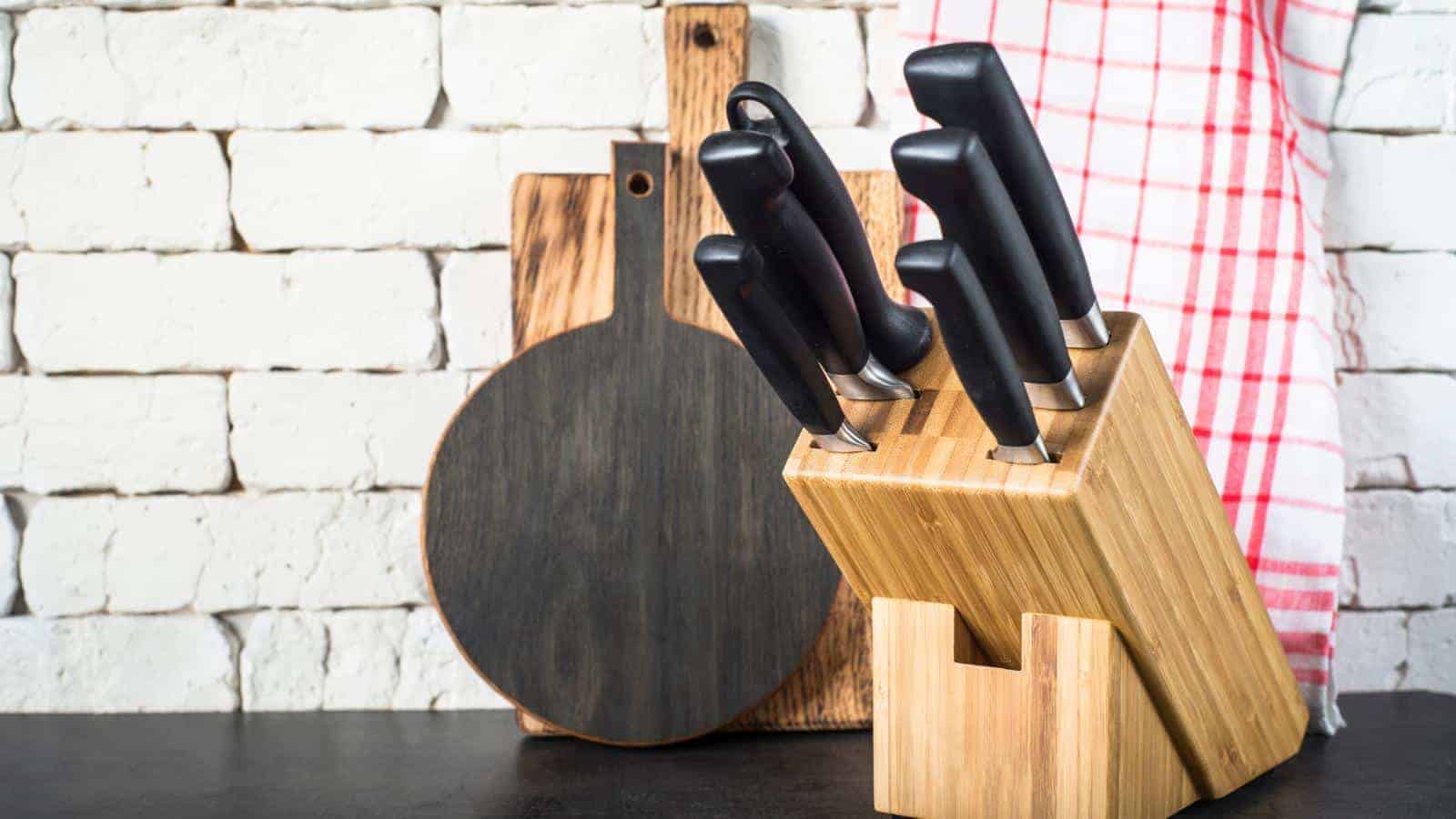
Large, sharp blades like kitchen knives aren’t taken into space, but astronauts have some uses for knives. Retail Dive reported last year that Benchmade Knife Company will supply astronauts with their Triage knife for upcoming missions like Artemis II.
Uncontrolled Batteries
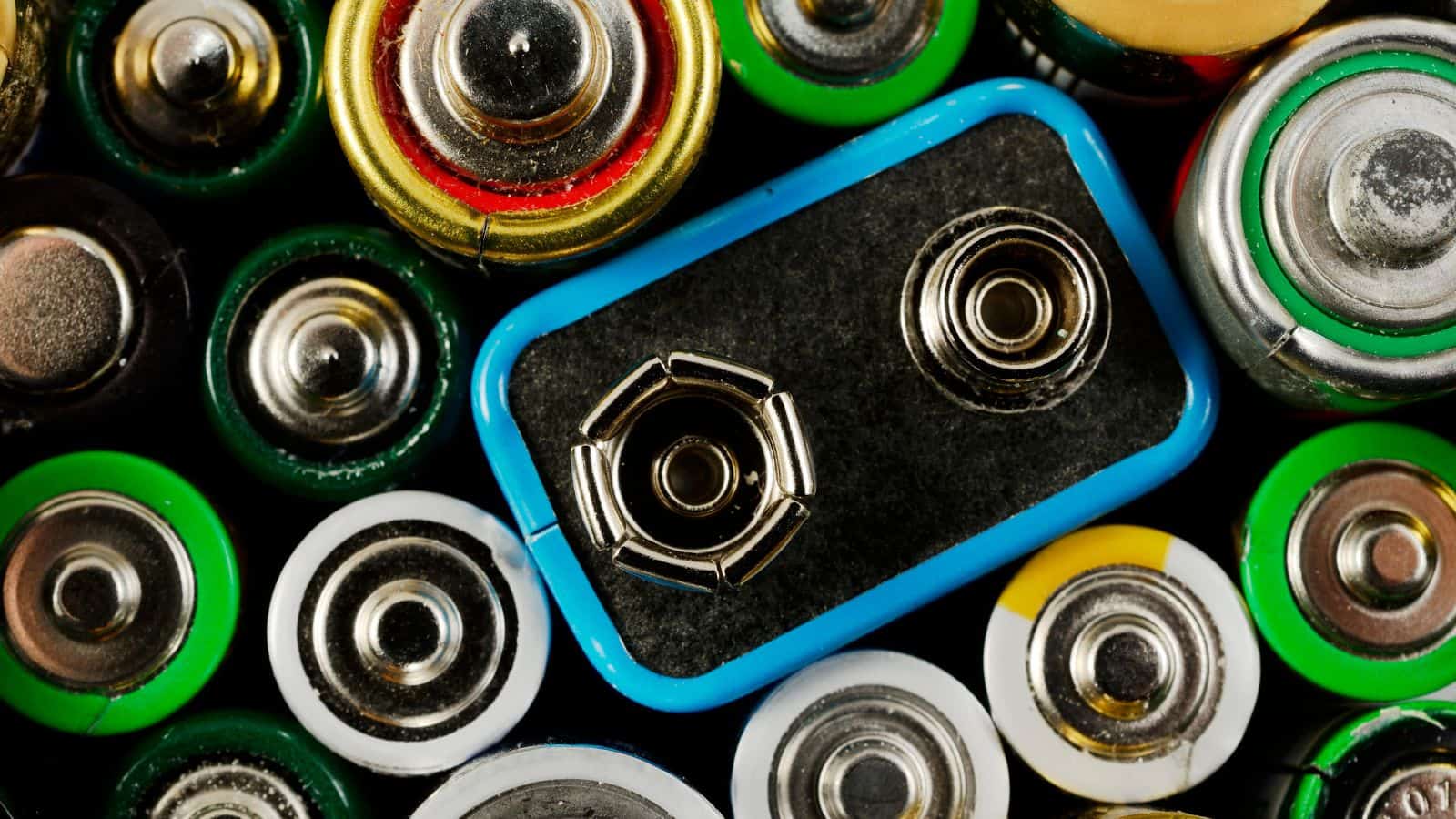
Spacecraft batteries must be able to operate in a vacuum, withstand the acceleration of launch, and operate over a wide temperature range. They also need to be able to withstand high levels of ionizing radiation.
Alcohol
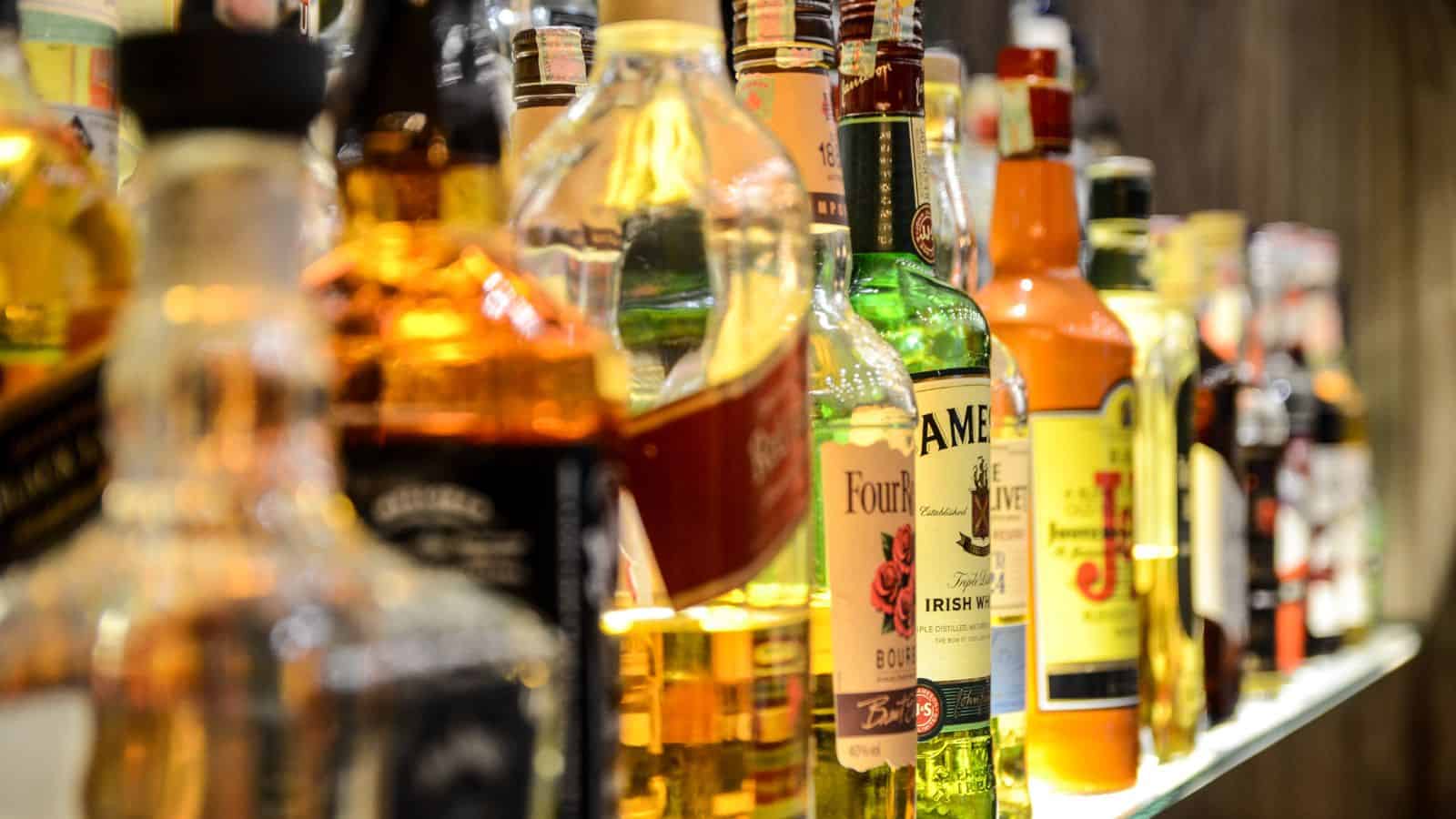
NASA doesn’t allow alcohol on the ISS because it tends to vaporize, which could damage the water recovery system. Drinks and mouthwash that contain alcohol are banned. The effects of alcohol on the human body in space are also unknown.
Large Amounts of Water

Large amounts of water would exceed the weight constraints for launch and travel into space, so astronauts use other ways to stay hydrated. The European Space Agency explains that “up to 80% of the water on the International Space Station is recycled” and collected from condensation on the walls.
Loose Clothing

Loose, oversized clothing wouldn’t be practical in the ISS’s microgravity. It could also get entangled in machinery, so astronauts wear close-fitting and functional clothing on the space station.
Perishable Goods

Food that’s brought up to the ISS is usually freeze-dried and dehydrated. Meat is exposed to radiation before it’s put onboard the shuttle to give it a longer shelf life, and foods are carefully packaged.
Large Animals

Spacecraft have limited space to store everything being sent to the ISS, so large animals like horses can’t be brought onboard. However, Space.com explains, “In the early decades of spaceflight, many animals reached space,” like Ham, a chimpanzee. Smaller animals are still being studied in space, and in 2017, “healthy mouse babies arose from mice sperm hosted on the ISS for nearly 300 days in 2013–14.”
Non-biodegradable Waste
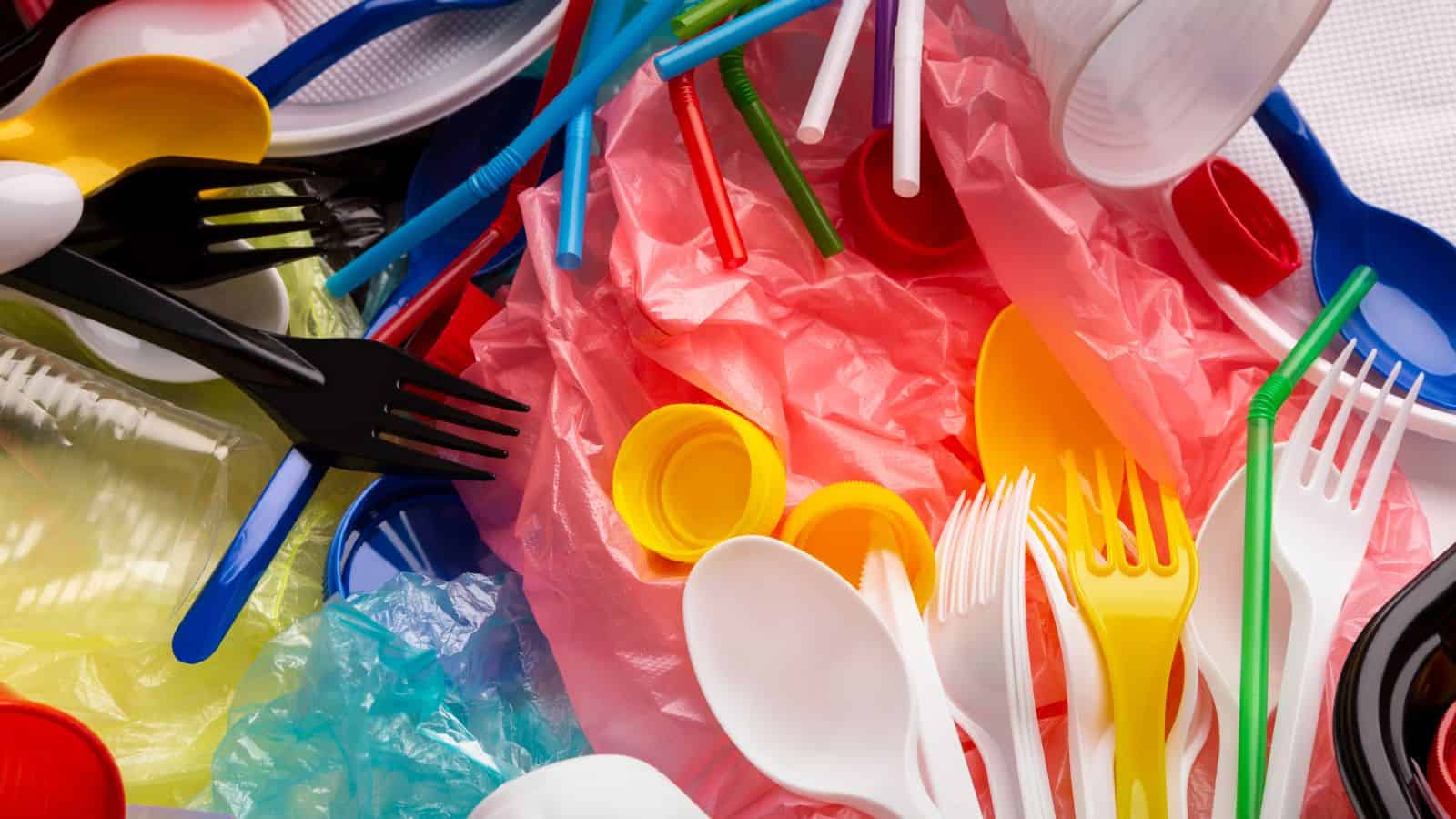
Recycling and reusing material is essential on the ISS, and most water comes from the station’s condensation. Non-biodegradable waste would be a waste of space in the astronaut’s kit, which is carefully selected.
Personal Weapons
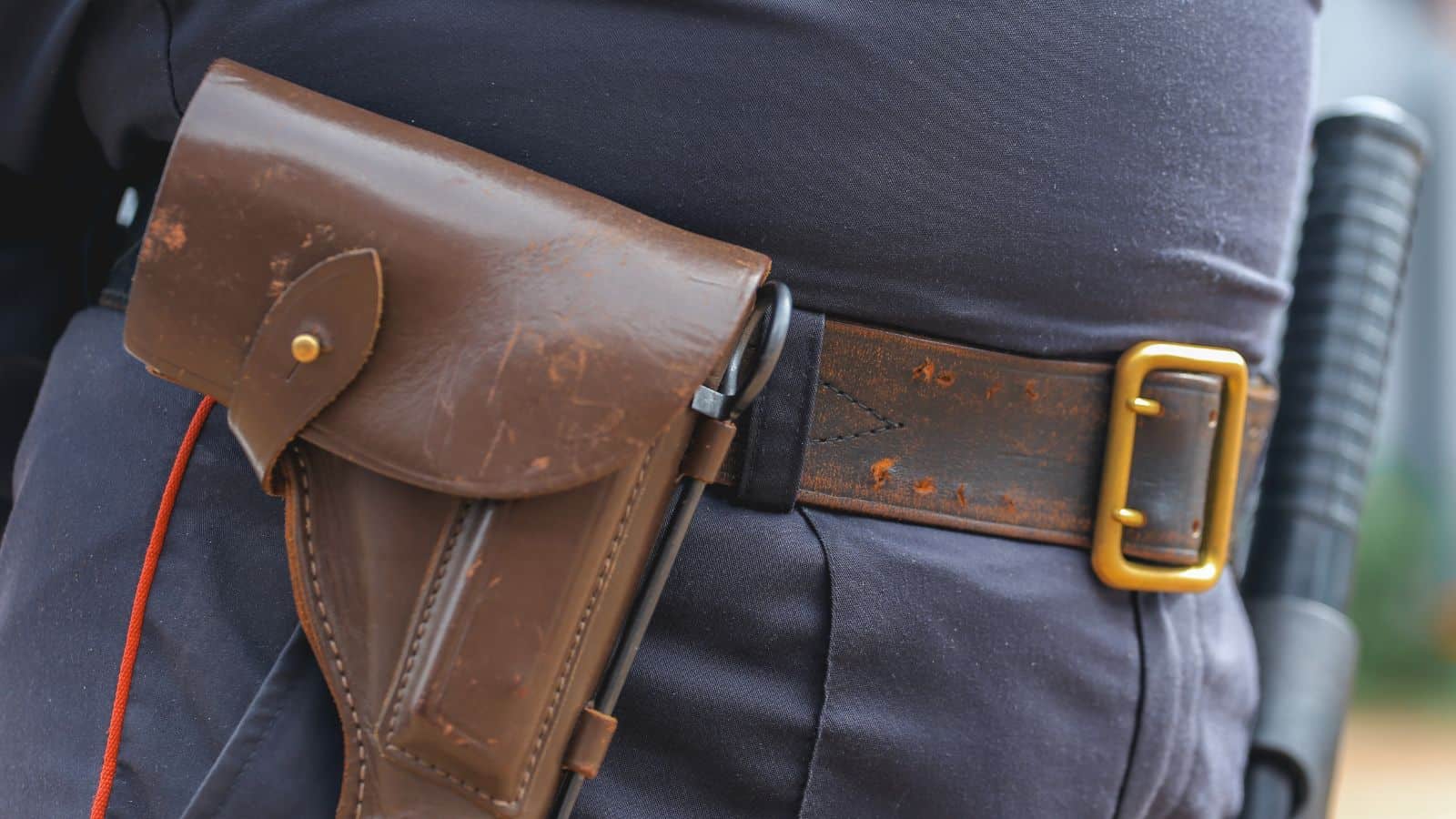
NASA astronauts don’t bring guns into space, but Russian cosmonauts store a gun in the Soyuz capsule they ride in. The weapon is multipurpose and can fire shotgun or rifle ammo and flares. It’s reportedly designed for crash-landing scenarios.
Untested Medicines

The risks associated with untested medicines would be challenging to deal with onboard the ISS. The crew medical officer deals with medical issues like giving injections, but only approved medical supplies are allowed.
Normal Foods

Normal food can’t be taken into space; it has to be carefully contained to stop it from floating away in zero gravity. HowStuffWorks explains that “foods are either partially or completely dehydrated to prevent them from spoiling,” and freeze-dried meals are “stored in locker trays held by a net so they won’t float away.”
Large Musical Instruments
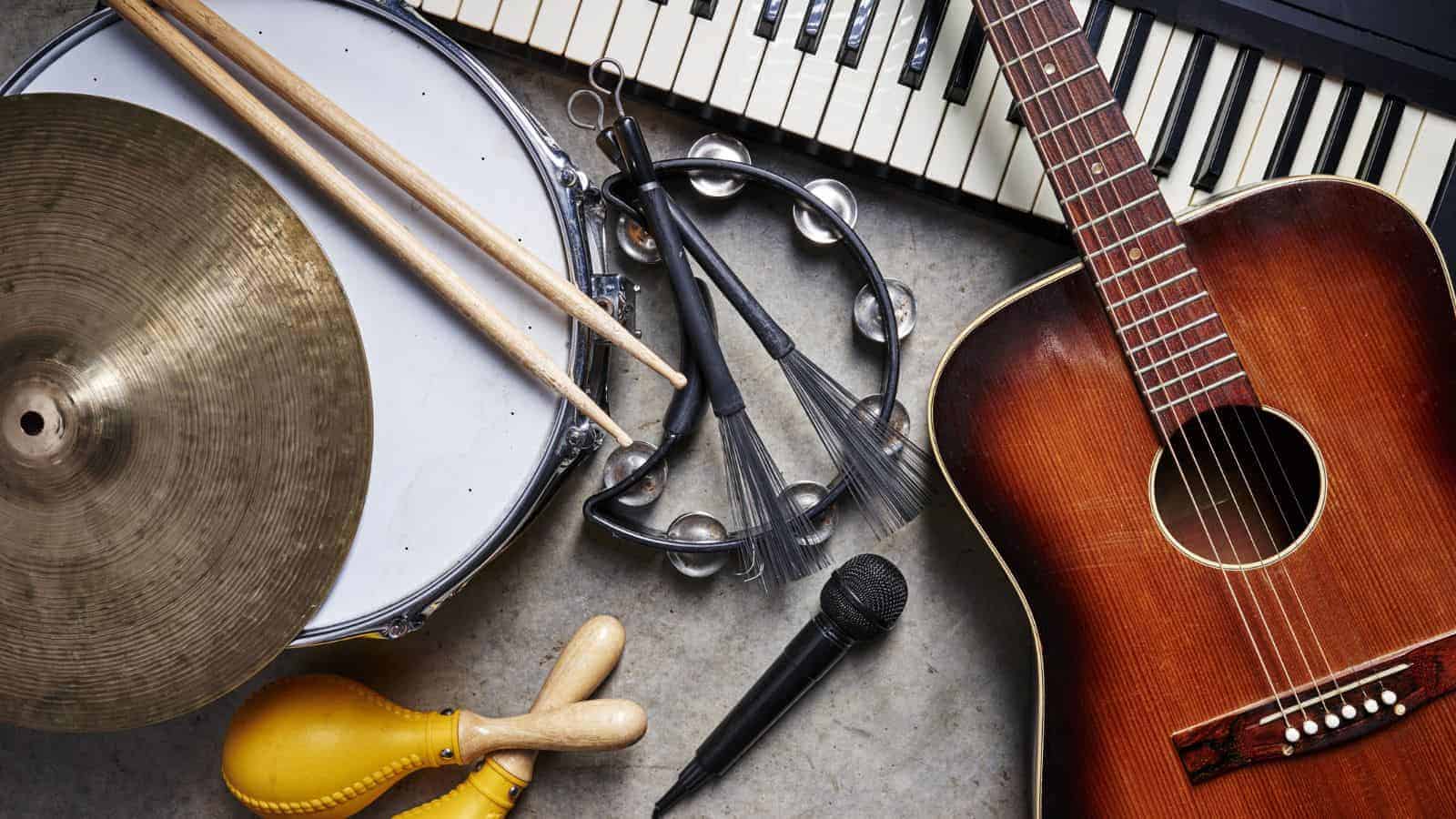
Large musical instruments like a double bass would exceed the size and weight limitations for non-essential items astronauts are allowed to bring onboard the spacecraft. Astronauts have played smaller instruments, such as flutes, on the ISS.
Combustible Materials

The ISS’s oxygen-enriched environment poses a high fire risk, so materials must meet NASA’s stringent fire safety standards. The astronauts on the ISS generally use non-flammable materials.
Pets

Animals have been brought into space for experiments, but pets aren’t allowed on the ISS. In 2021, the SpaceX CRS-22 launched several Hawaiian bobtail squid to the ISS to be studied in space.
Up Next: 19 Completely False Things About America That Foreigners Think Are True

The U.S. is arguably the most famous country in the world, and people from far-off places often know our flag and president’s name! However, a lot of media coverage and exported movies mean plenty of opportunities for misunderstanding and stereotyping. Here are 19 false assumptions non-Americans often make about ‘the land of the free!’
19 Completely False Things About America That Foreigners Think Are True
20 Loyal Dog Breeds That Will Never Leave Your Side

Since early humans first fed a wolf around a campfire, dogs have been our constant companions and are renowned for making strong bonds with their owners. But which specific types of dogs make the most loyal and devoted pets? This article describes the 20 most unwaveringly loyal canine breeds and the characteristics that make them the ultimate ‘ride or die’ pets!
20 Loyal Dog Breeds That Will Never Leave Your Side
18 Reasons Older Men Say ‘Nope’ To Relationships

Older men embrace being alone and generally prefer spending time in solitude. They’ve had a full, so don’t criticize them for being less social! The following 18 reasons explain why older men prefer to be alone and are redefining how they experience their retirement years.
